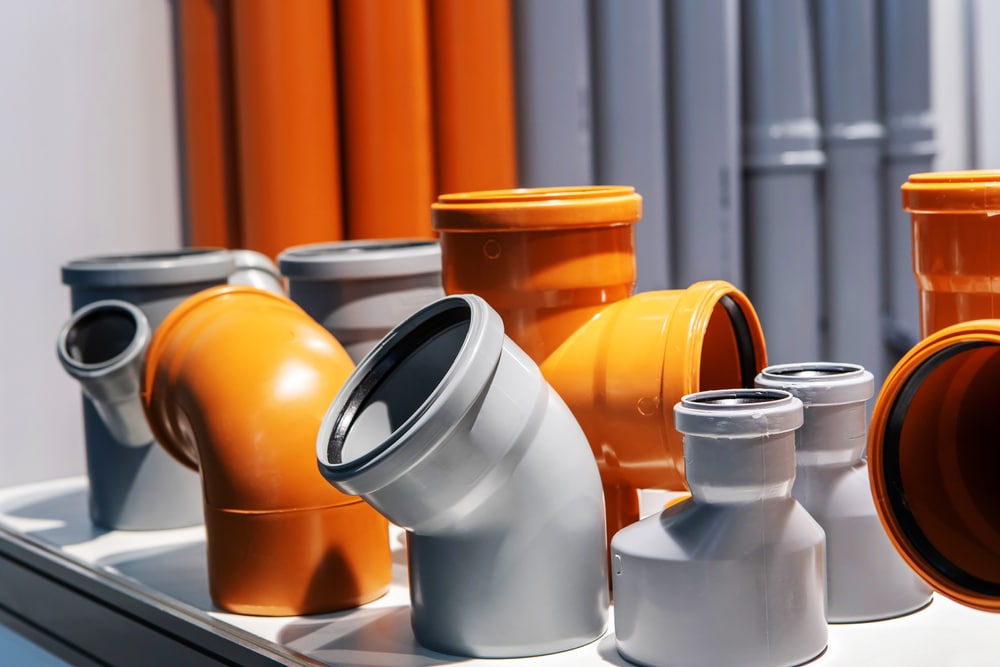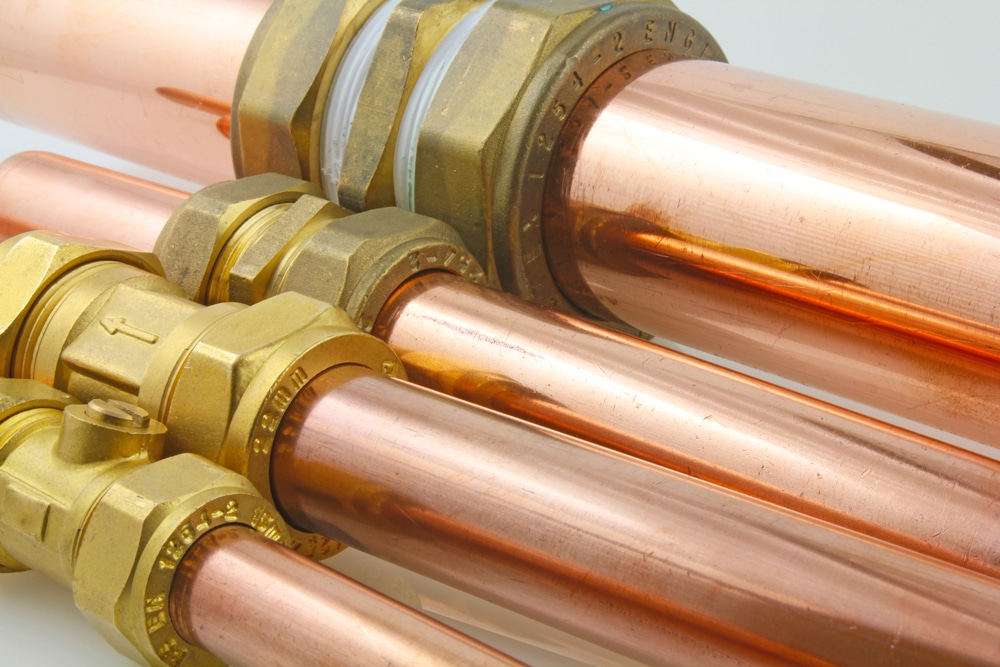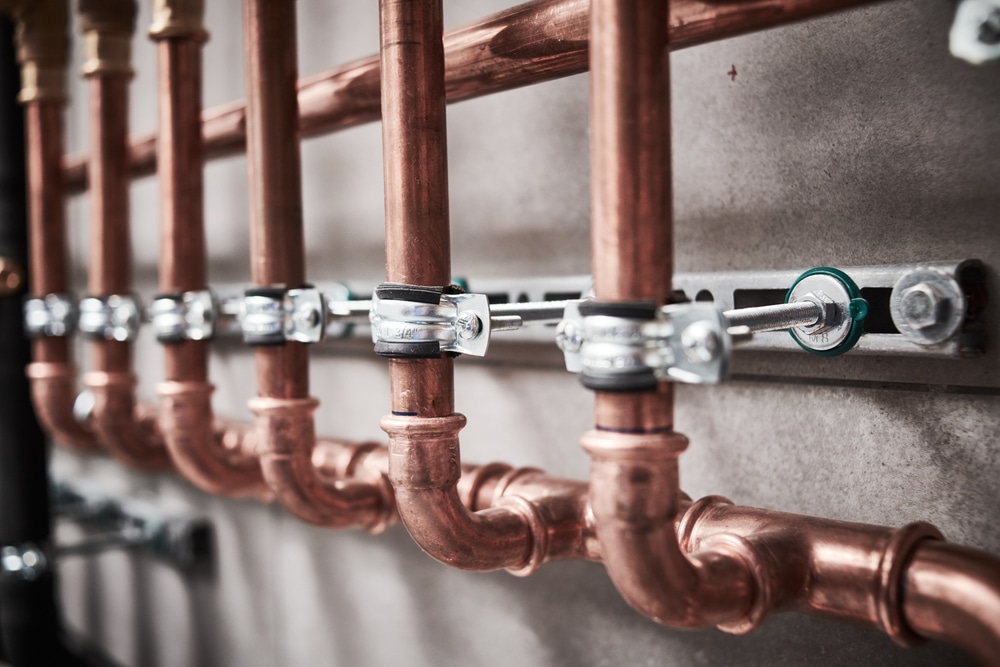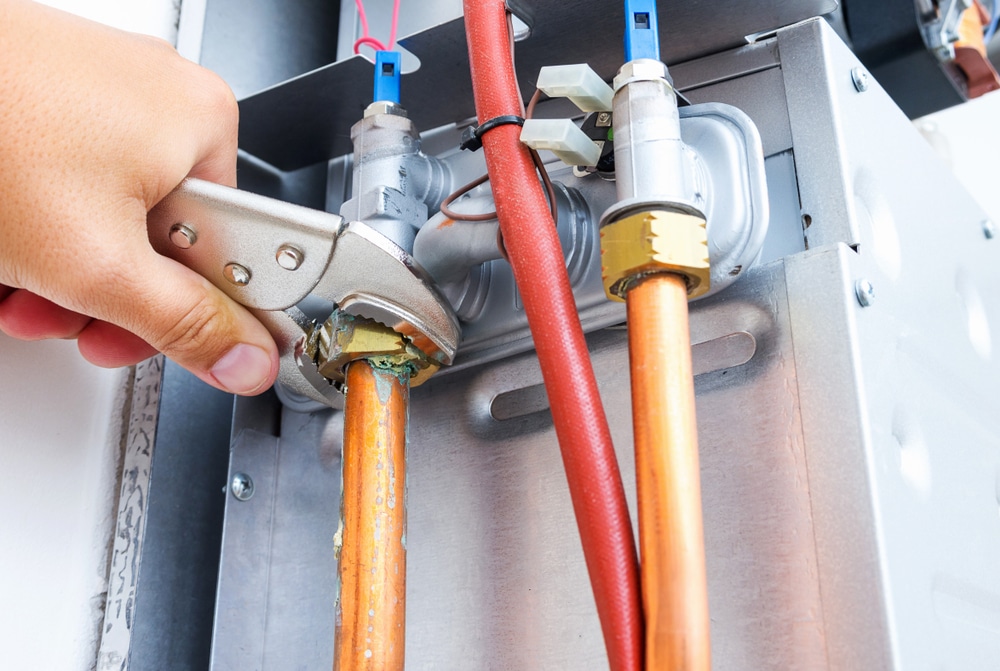Pipe fitting is an essential component in various industries and applications. It connects pipes and other parts, preventing leakage and ensuring a secure connection. The correct sizing and installation of pipe fittings are essential for optimal performance and longevity.
With a wide variety of materials, designs, and sizes, we have a full range of options to meet all your pipe fitting needs. Let us go into detail to learn more about pipe fitting.
What is Pipe Fitting
Pipe fittings are components used to connect, control, or change pipe flow direction. They allow different types of pipes (such as metal, plastic, or rubber) to be attached easily and securely. They are used in various applications such as plumbing, irrigation, heating, ventilation, and air conditioning. Pipe fittings may come in many shapes and sizes depending on their application. The most common types include:
-
Elbows
-
Tees
-
Couplings
-
Unions
-
Reducers
-
Caps.
Pipe fittings are essential components in a piping system and provide flexibility to accommodate pipe direction, size, and material changes.
Pipe Fitting applications
-
Pipe fittings are used in many industries, including:
-
Oil and gas production
-
Chemical processing
-
Process engineering
-
Power generation
-
Water treatment
-
Distribution
-
Home Plumbing
Pipe fittings are available in various materials such as steel, brass, stainless steel, and plastic. Each material has unique properties and advantages that should be considered when selecting the best solution for a particular application.
Different types of pipe fittings
Pipe fittings are used for different applications and require specific installation methods. For example, threaded fittings are generally used in low-pressure applications, while compression fittings are used in higher-pressure applications. Some of the most common types include:
Advantages of Pipe Fitting
Pipe fittings offer several advantages over traditional wrenches and other tools used to join pipes. They provide a tight seal resistant to leaks and are generally easier to install than conventional methods. Additionally, yielding methods include reduced installation time, improved safety and reliability, and a more secure connection.
Pipe fittings are essential for any pipe installation or repair job. They can make pipe connections more accessible, faster, and secure. When selecting pipe fittings, it is crucial to consider the type of material used in the application, as well as the size and design of the fitting.
By doing so, it is possible to obtain a secure connection that will be safe and reliable for years to come. It is essential to ensure the correct size and installation of pipe fittings for optimal performance and longevity.
Pipe Fitting at Marshall Industrial Technologies
At Marshall Industrial Technologies, we have a wide variety of pipe fittings to suit any application. We also provide expert advice on selecting, installing, and maintaining your pipes. Contact us today and request a quote for your pipe fitting needs.




